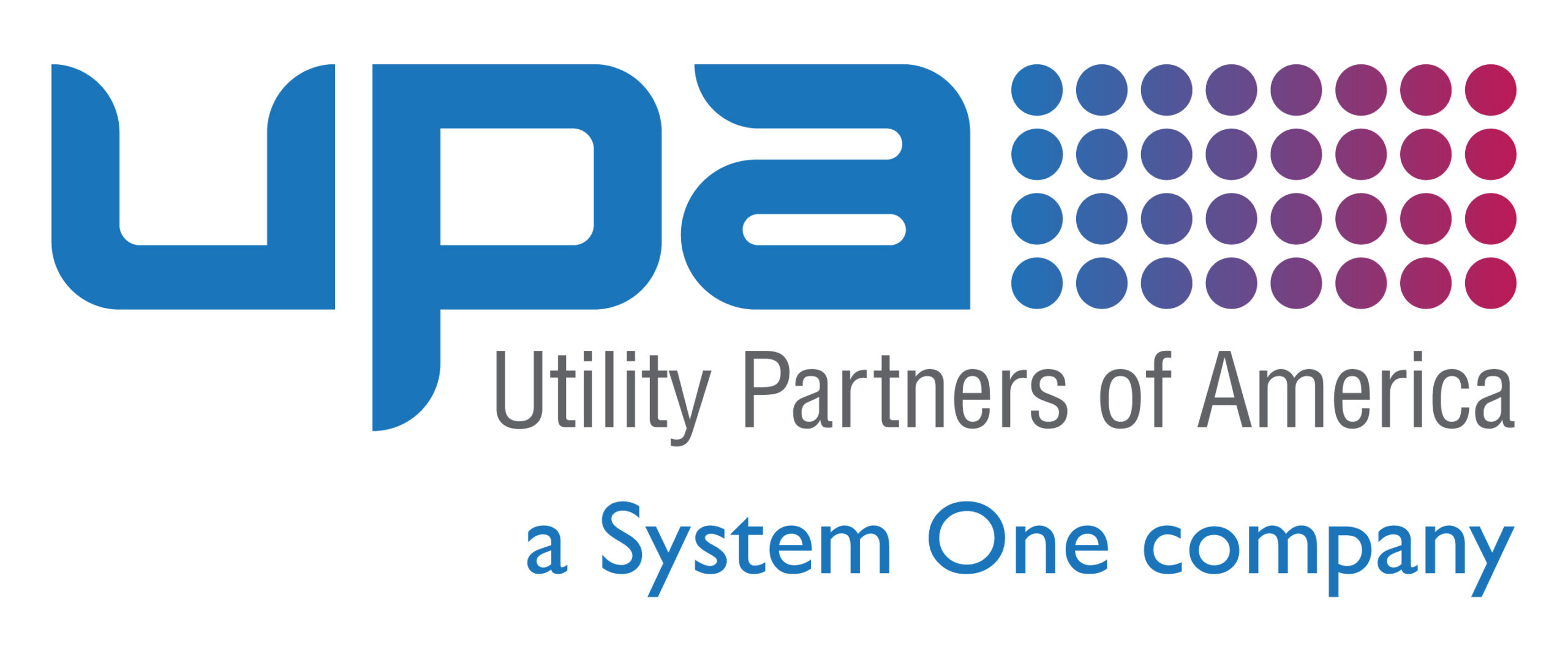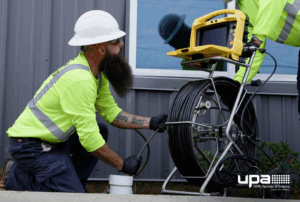As anyone can tell you, there is a stark difference between managers and leaders. A manager tells people what to do, while a leader inspires them to do the job the best they can. A manager uses their head, while a leader uses a variety of skills and traits. And, perhaps the biggest contrast between the two: A manager has employees. A leader has followers.
One of the most significant aspects of leadership is in developing meaningful relationships with the team. This skill that was once hardly considered a priority has become a signature of strong, authentic leaders. If you recognize the importance of having deep-rooted relationships with your team but aren’t sure how to get there, you’ve come to the right place. Here are our top five ways to build a rapport with your team.
Be a human being
Authentic leadership involves traits like realness, respect, service, humility, and active listening.
This might seem simple, but it’s actually more complicated than you think. In recent years, authentic leadership has become the gold standard in leadership, and that all starts with being a human being or simply being real. This can go a long way toward building rapport with your team. Remember, no one wants to work hard for someone that they think is a fake.
Related: Three Rapport Styles and Why You Should Know Them
Admit when you fail
As a society, we’ve been conditioned to believe that failure is a bad thing. But when you view failure as useful feedback, it can act a lesson in what to do instead in a similar situation. Great leaders are willing to both grow from failures and to share their failures when they happen. This act of realness, service, and humility will go a long way in how your employees look at you as a leader and their comfort level in working for you.
Related: Building an Empathetic Customer Service Team
Get to know your people
If you’re currently a leader, how much do you know about your team? How do they prefer to learn? What are their work frustrations? Becoming friends with your team isn’t a requirement for building a rapport but getting to know them definitely is. Putting in the effort to learn who someone is shows that you care. Other things, like better understanding someone’s preferred learning style, are valuable nuggets of information that you can pocket to help that person become more effective at their job. In either event, the only way to gather these details is through conversation and building a rapport.
Related: UPA Uses Team Building For Company Culture
Establish 1-on-1 meetings
There’s something to be said about instituting 1-on-1 meetings. These quick conversations can take place at whatever cadence your schedule allows. Whether it’s weekly, bi-weekly, or monthly they should be regularly scheduled. Use this time to open up the floor and allow them to chime in on their experiences. Your team members will appreciate the discussion and the opportunity to share what is on their minds—and you can expect that to pay off in their service and effectiveness.
Related: Minimizing Inter-team Friction and Building Great Working
Give recognition when it’s deserved
Everyone wants to be praised for doing good work, and that type of recognition can be highly motivational for a lot of people. Whether it’s with a simple pat on the back or a more formal awards, leaders who routinely recognize the work of their teams tend to have a good relationship with teammates. By giving praise, you’re more likely to build the person’s confidence and develop an ardent follower who is willing to get behind the organization’s mission.
The team at Utility Partners of America are experts at utility leadership
At Utility Partners of America (UPA), we’ve been working with utilities and energy cooperatives for more than two decades. In that time, we’ve developed a good grasp on leadership within the utility industry and how leaders can build a rapport with their teams. To learn more about UPA and our offerings, contact us today.




